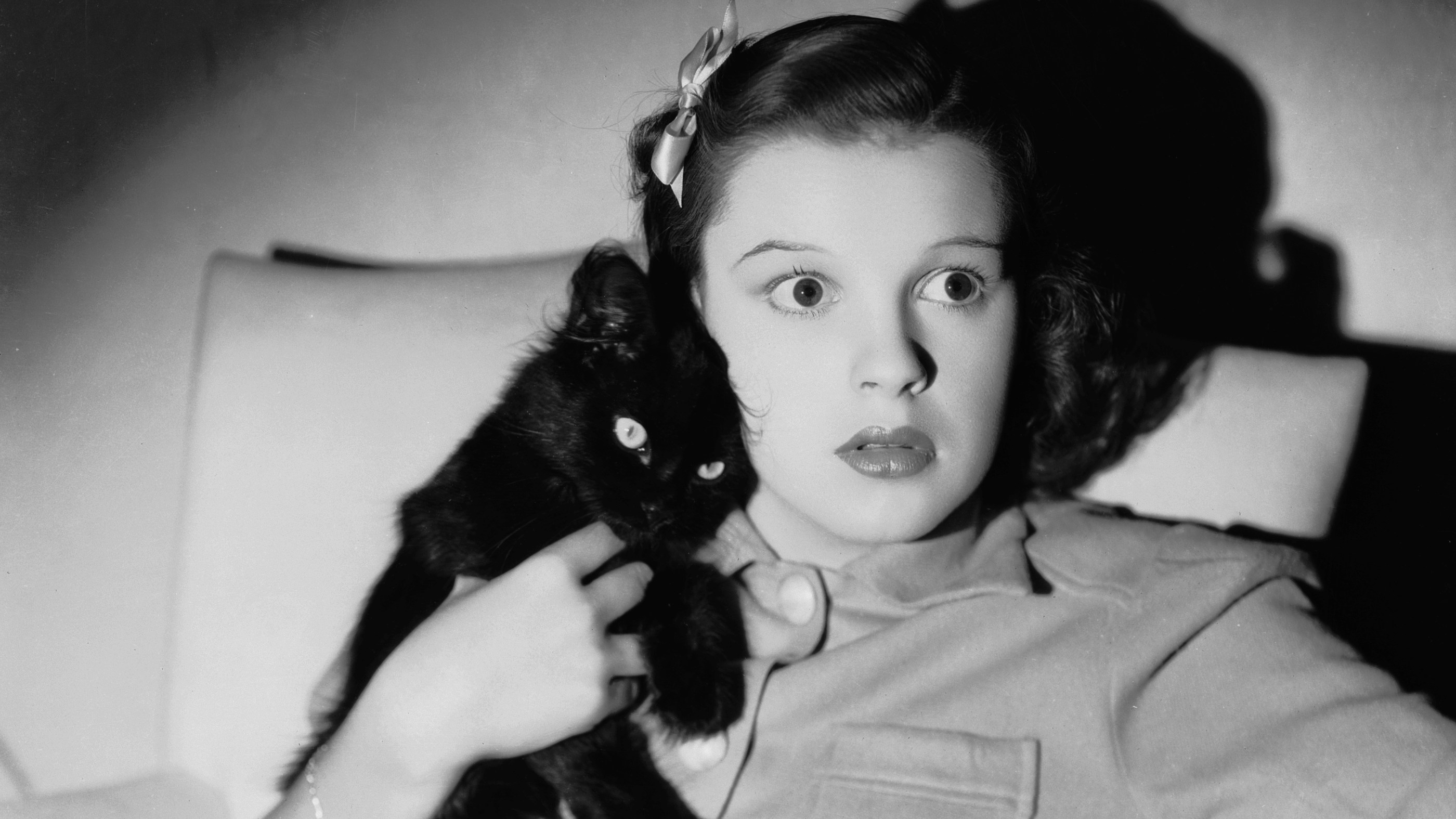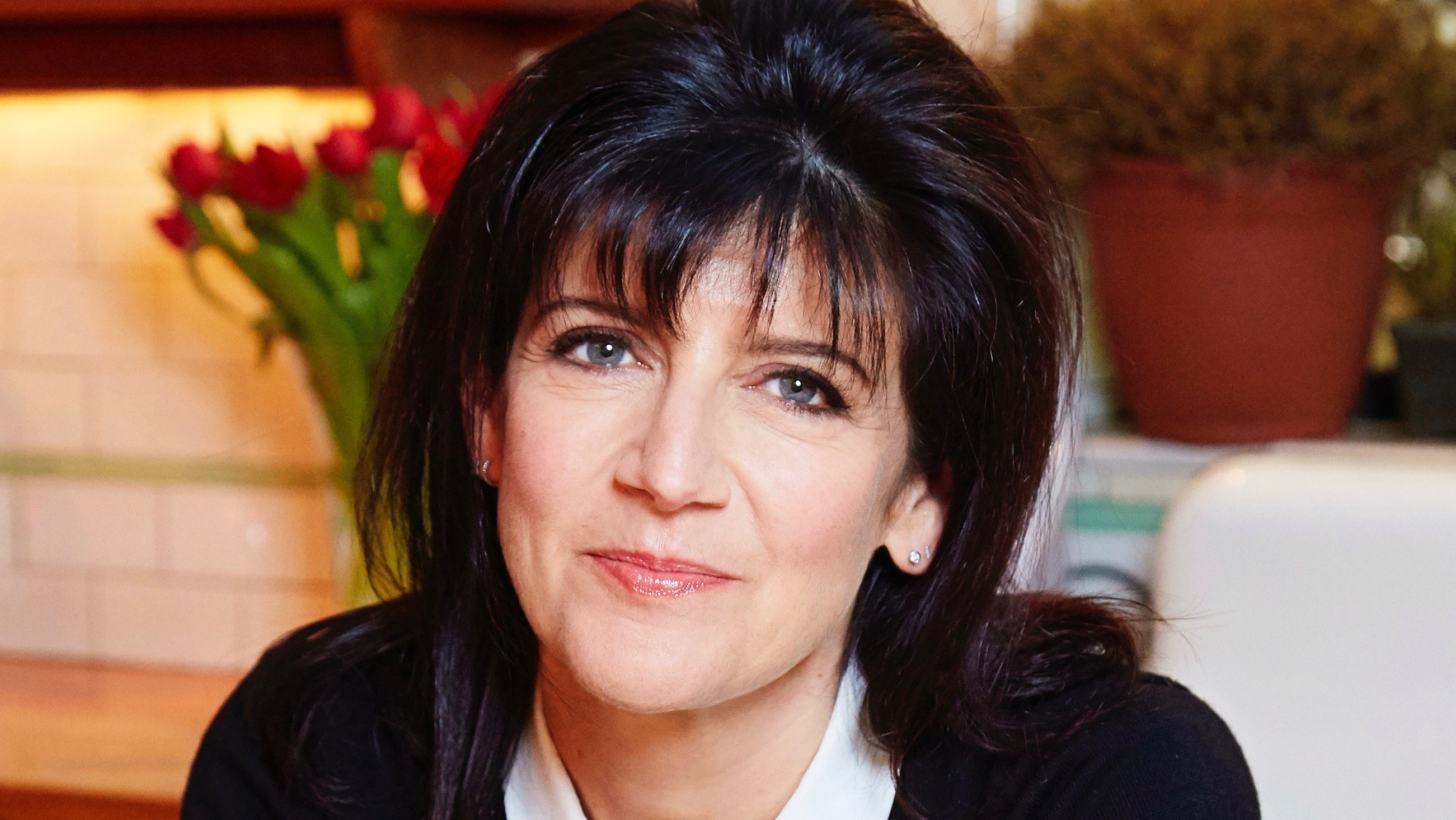I appreciate that this appears to be an unlikely stretch of the word “joy”, but bear with me here.
You may never have heard of them, but death cafés are everywhere. These monthly gatherings are where people who are bereaved, or just interested in the inevitable, go to discuss the end of life experience in any of its forms. Internationally you’ll find 17,000 groups, but they seem to be most prevalent in countries where people are uptight about the subject — hence we have more than 3,400 in the UK. We’re definitely winning at something.
In my local community hall, about 40 people turned up to discuss with total strangers their most intimate feelings about mortality. There were no formal objectives, there was no grief counselling. But there was tea and, naturally, cake — that great lubricant of awkwardness. We sat in random groups of six and each person was asked to talk for five minutes, during which nobody else could speak; a rule that does away with small talk and makes you listen in a different way.
First up was Jenny, a beautiful Scottish 65-year-old who had been asthmatic for a decade. She had recently discovered that she had been misdiagnosed all along and had untreated lung cancer. By the time this became clear, she was terminal. The doctor has since been struck off and Jenny has booked herself “into Switzerland”. Her five minutes were astonishing. We listened in (compulsory) silence while she explained she was resigned to what was coming because that was her only power in the situation. Because we were strangers, her words had no consequences she would need to deal with, and that seemed to set her free.
Grace started to cry as soon as she began the story of her husband’s early death in Wales. Since the funeral, she had felt that the world had moved on but she hadn’t — and was angry with everyone who was no longer still grieving with her, now six years since his death. Nobody around the table could help, nobody was presenting themselves as shiny and robust, nobody was offering solutions to her grief, but she knew she was being heard.
Advertisement
When everyone had had their five minutes, there was an open discussion, which ranged from, “Is it easier to move on from a ‘good death’ than a bad one?” to, “Seriously why on earth is assisted suicide still illegal in the UK?” All of it riveting.
And how does the café qualify as a joy? I moved to this area of London last year and have had many delightful chats with members of my local community about garbage collection and the traffic. But I learnt more about the soul of my neighbourhood in those two hours than I had in the previous two months. It was the joy of deep connection with a hall full of strangers, the licence to show vulnerability without judgment and the privilege of being granted access to the most tender and unprotected place in the hearts of my neighbours. Also, the cake was fantastic.
• ‘The only bad thing to say is nothing’: our readers on how to deal with grief




